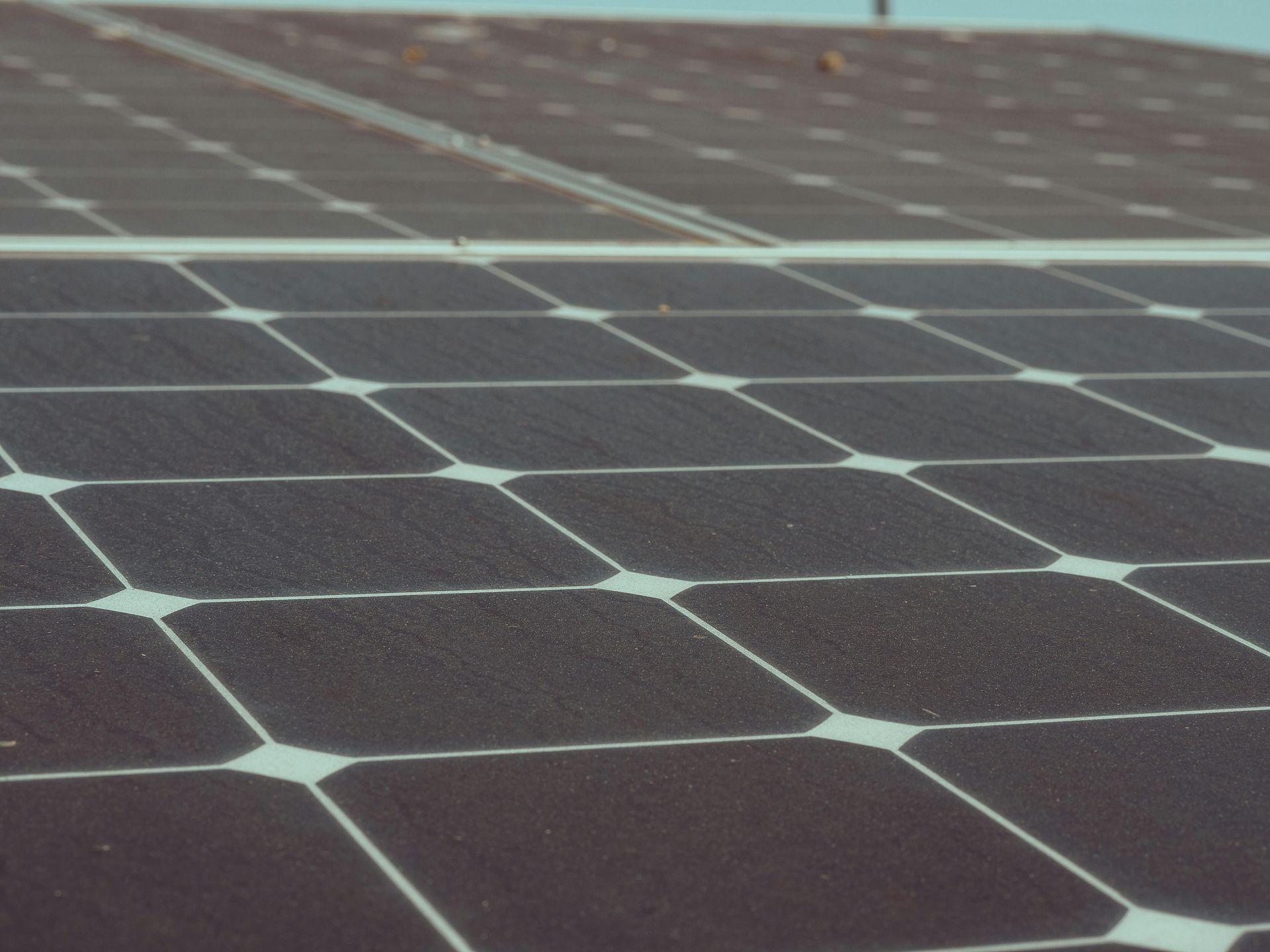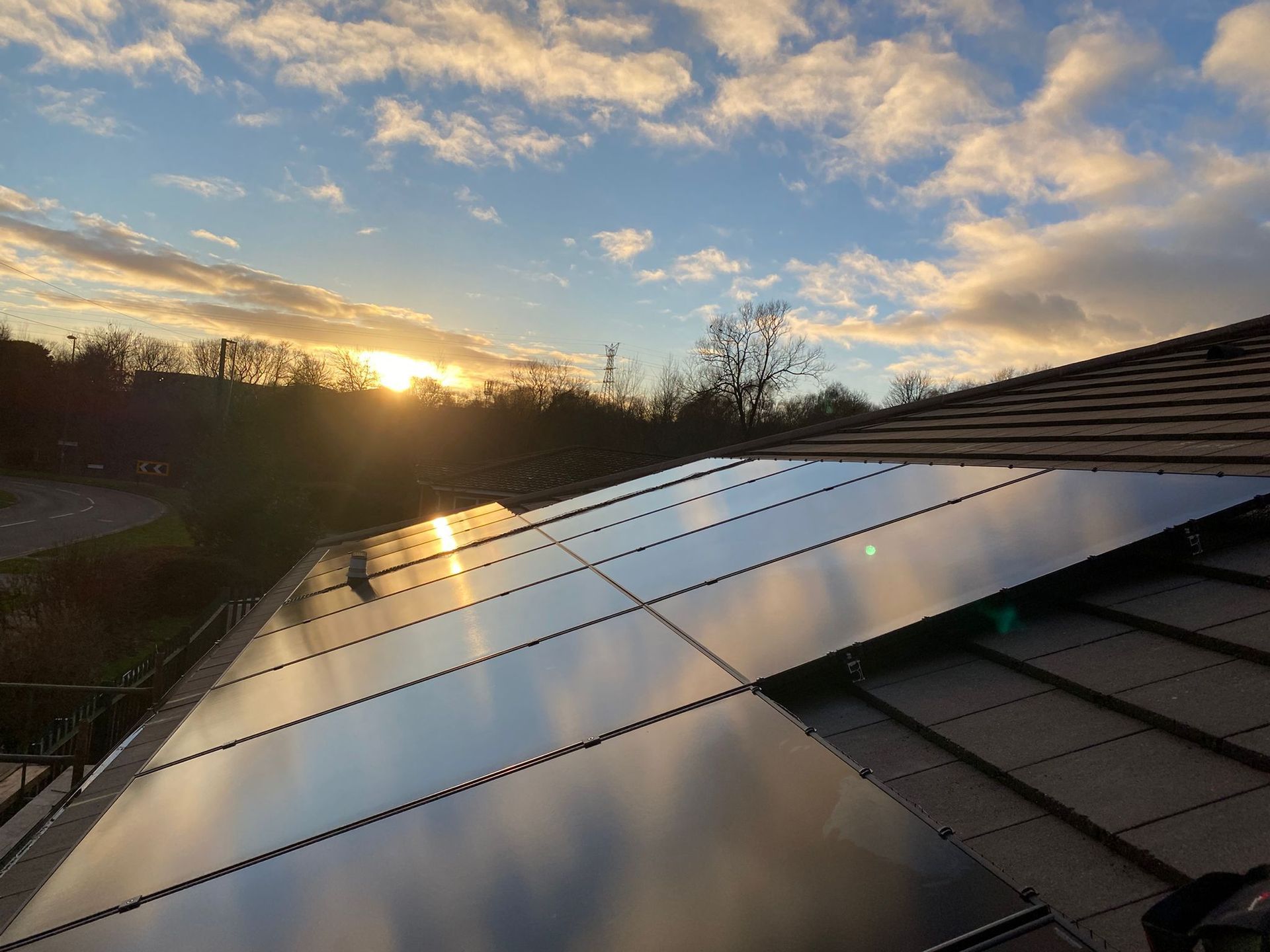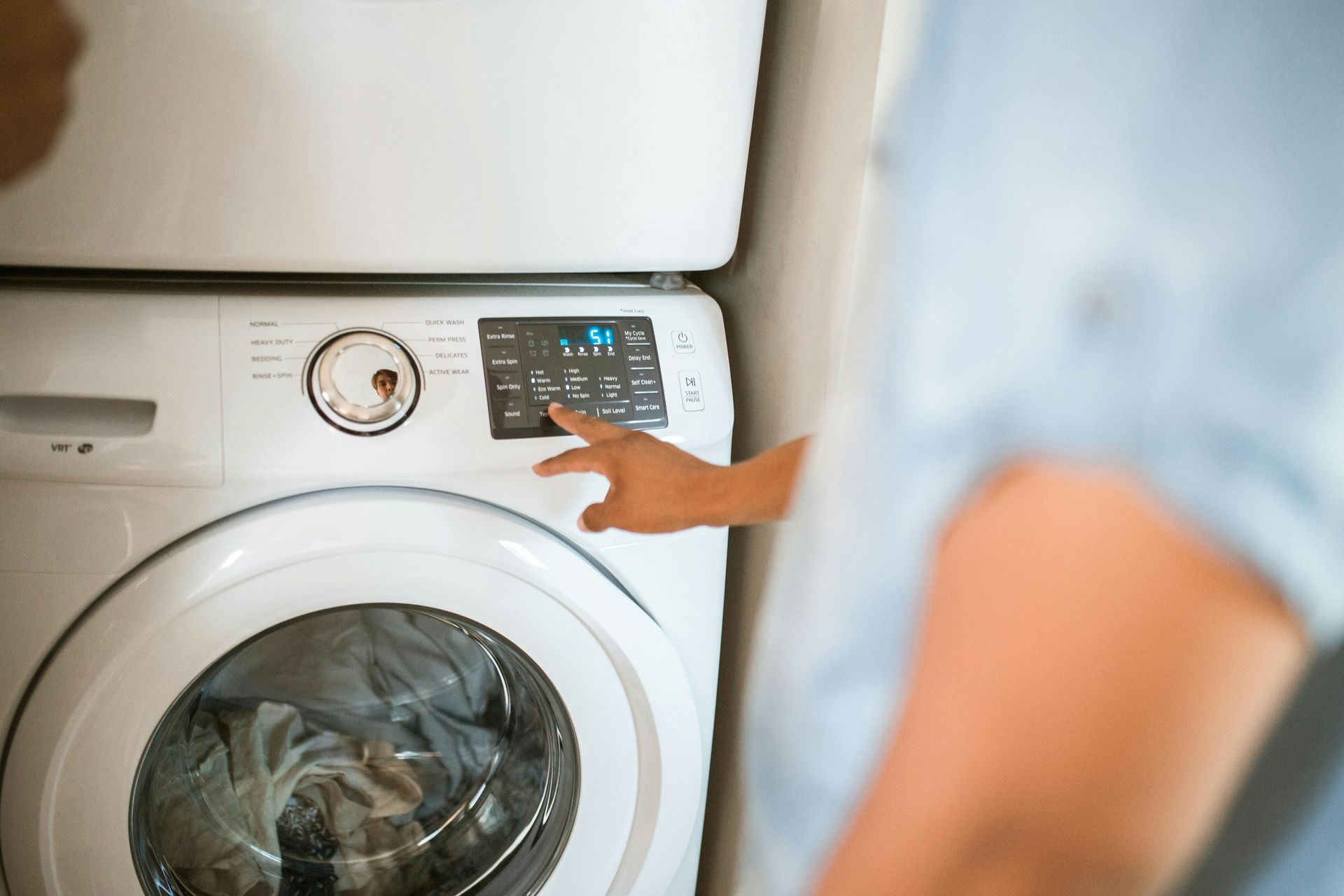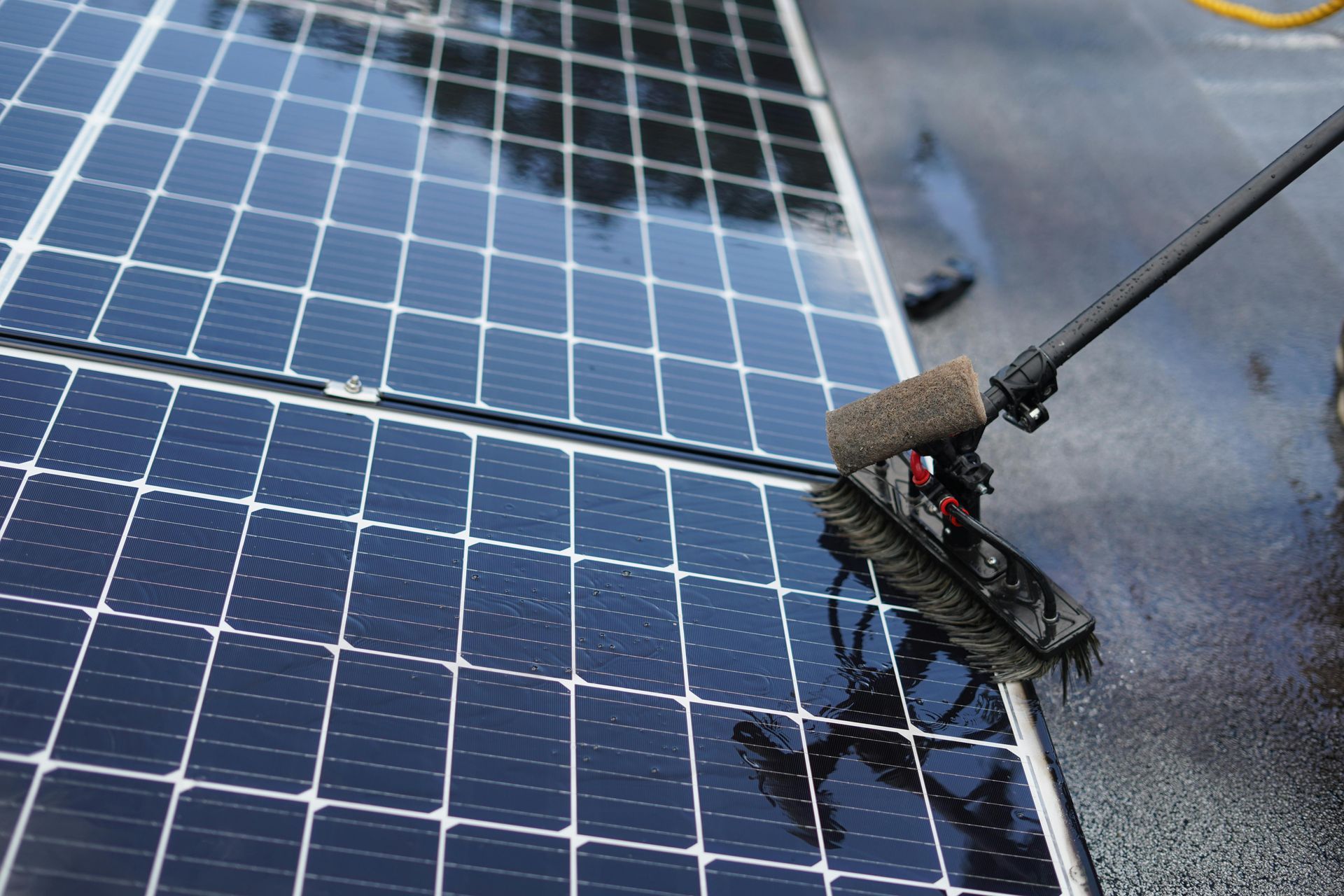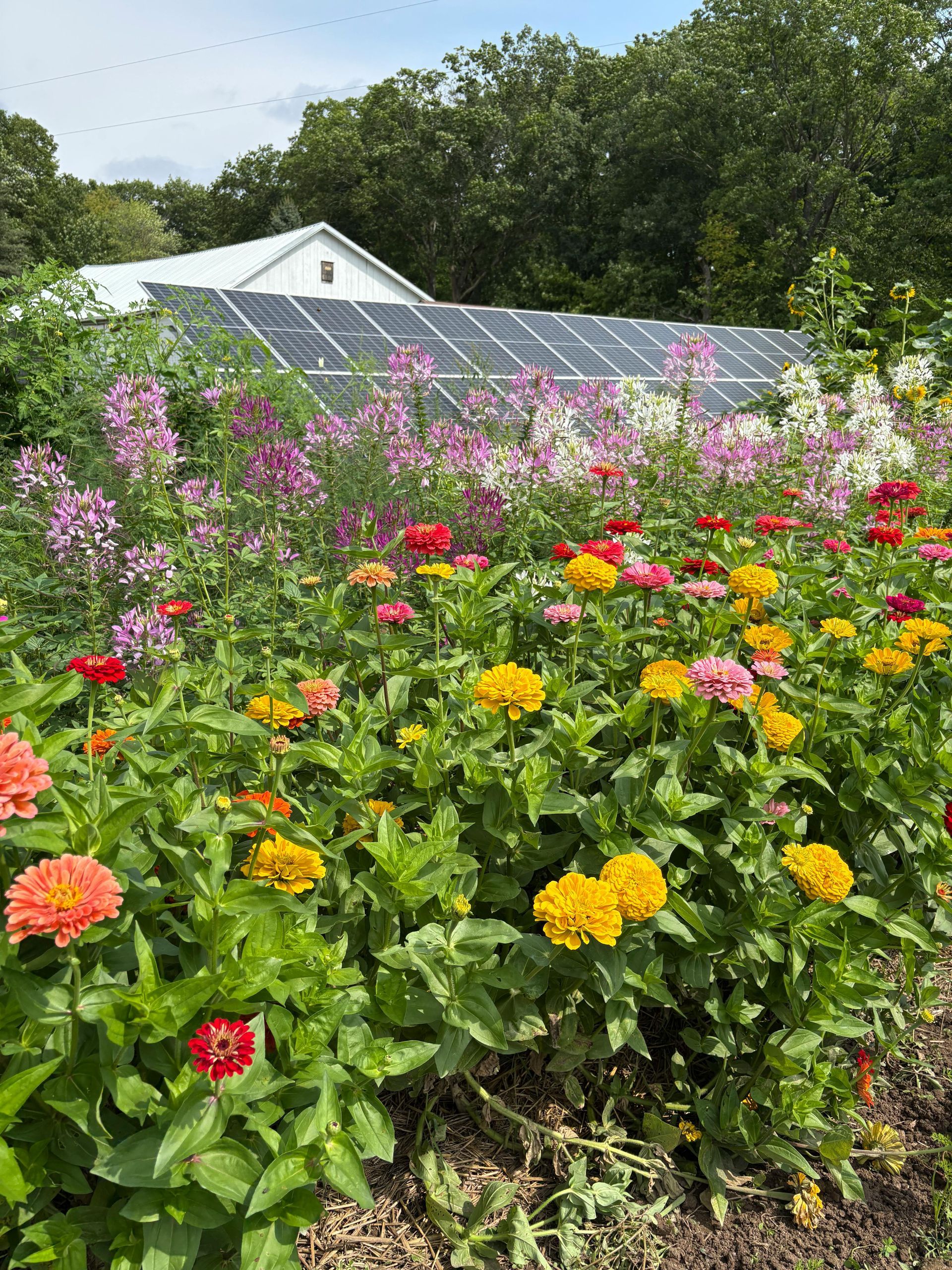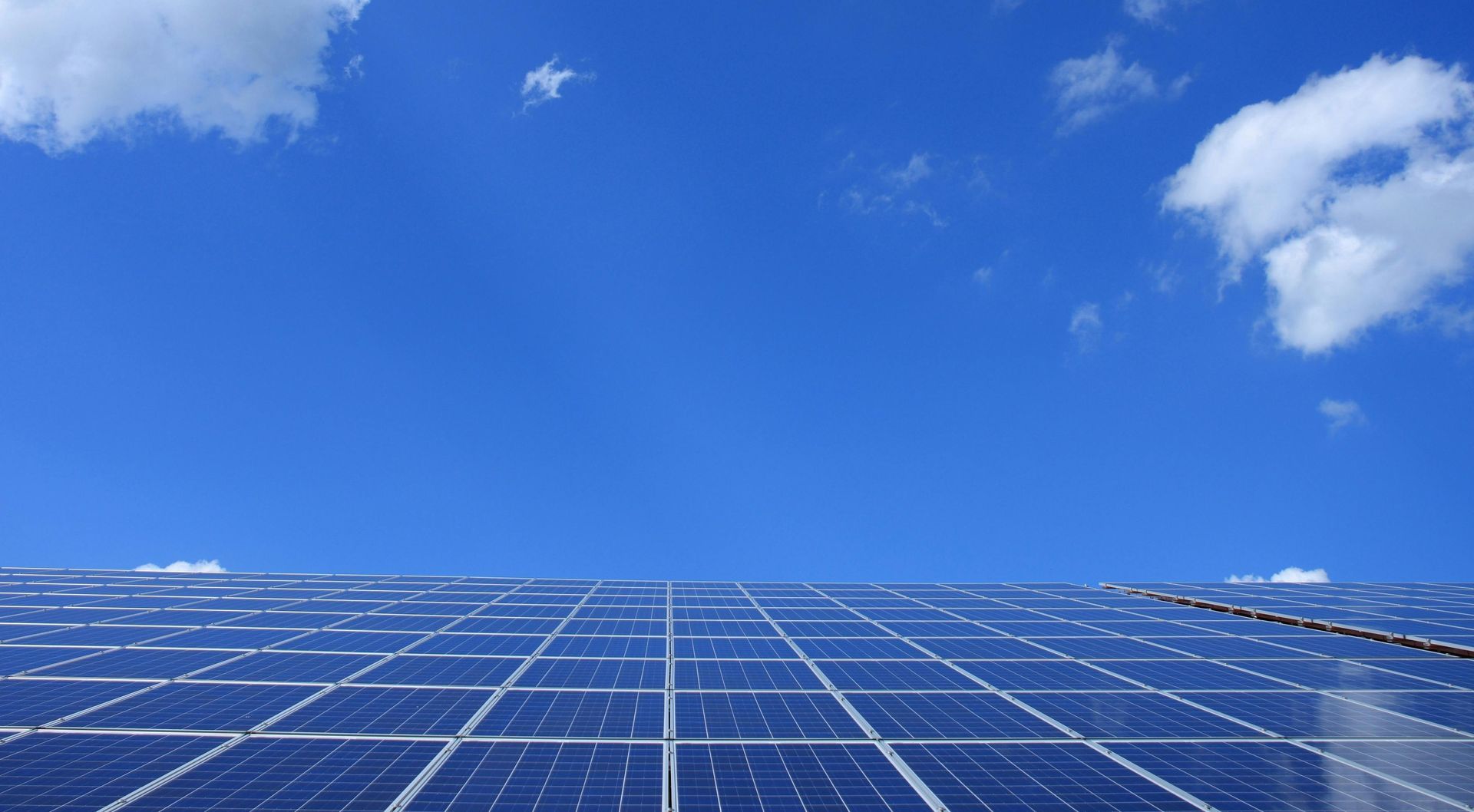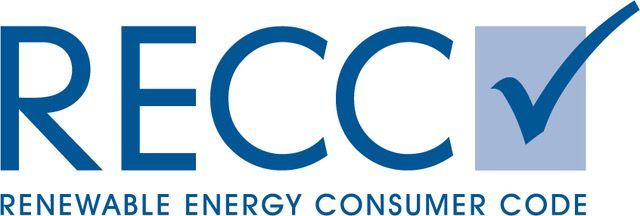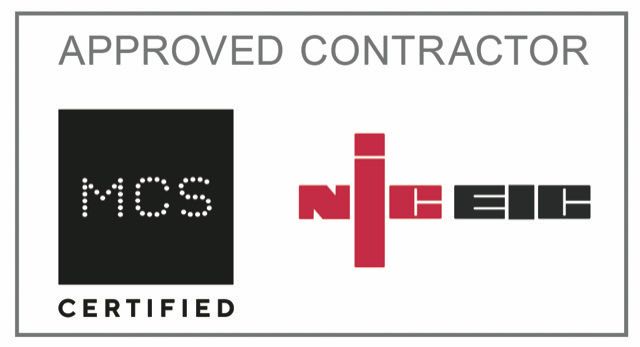Is My Home Suitable for Solar Panel Installation?
A Checklist For What To Consider

As homeowners increasingly look towards sustainable living, the idea of solar panel installation has gained significant traction. Embracing solar energy is not only a step towards energy efficiency but also a commitment to renewable energy that could bring numerous benefits. However, before embarking on this green venture, it's crucial to assess the suitability for solar panels in your home. Various factors, such as roof orientation, shading, and structural integrity, play a pivotal role in determining whether your property is ready for home solar systems. Before installing solar panels, it's essential to evaluate your home's suitability for solar energy.
Roof Conditions and Orientation
The condition and orientation of your roof play a crucial role in determining the suitability for solar panels. A south-facing roof in the UK typically receives the most sunlight throughout the day, making it ideal for solar panel installation. East and west-facing roofs can also be suitable, though they may produce slightly less energy. North-facing roofs are generally less effective for solar panels in the UK due to reduced sun exposure.
The pitch of your roof is another important factor. A roof angle between 30 and 40 degrees is often considered optimal for solar panel efficiency in the UK climate. Lastly, consider the age and condition of your roof. If your roof needs repairs or replacement soon, it's wise to address these issues before installing solar panels.
Evaluating Shade and Sunlight
Assessing the amount of shade and sunlight your property receives is crucial for determining the effectiveness of solar panels. Shade from nearby buildings, trees, or other structures can significantly impact solar panel performance.
To evaluate shade:
- Observe your roof throughout the day to identify shaded areas.
- Use a solar pathfinder or professional assessment tools for a more accurate analysis.
- Consider seasonal changes in sun position and foliage.
Remember that even partial shading can reduce the efficiency of an entire solar panel system. If shade is unavoidable, consider microinverters or power optimisers to minimise the impact on overall system performance. It's also worth noting that while the UK climate is often cloudy, modern solar panels can still generate electricity on overcast days, albeit at a reduced rate.
Exploring Roof Space Availability
The amount of available roof space is a key factor in determining how many solar panels you can install and, consequently, how much energy you can generate. Start by measuring the usable area of your roof, taking into account chimneys, vents, and skylights.
As a general rule, you'll need about 10-20 square metres of roof space for a typical residential solar panel system in the UK. However, this can vary depending on the efficiency of the panels and your energy needs. Consider these factors when assessing roof space:
- Panel size and efficiency
- Required spacing between panels for maintenance
- Local planning regulations that may restrict panel placement
If roof space is limited, you might explore high-efficiency panels or alternative placement options, such as ground-mounted systems or solar tiles, where appropriate.
Understanding Energy Needs and Efficiency
To maximise the benefits of solar panel installation, it's important to understand your energy consumption patterns and explore ways to improve overall efficiency.
Analysing Current Energy Usage
Understanding your current energy consumption is crucial for designing an effective solar panel system. Start by reviewing your electricity bills from the past year to identify your average monthly and annual usage. Pay attention to seasonal variations in your energy consumption. In the UK, you might notice higher usage during winter months due to increased heating and lighting needs.
Consider using energy monitoring devices or smart meters to get a more detailed breakdown of your energy usage. This can help you identify which appliances or activities consume the most electricity. Key points to analyse:
- Average daily, monthly, and annual energy consumption
- Peak usage times and seasonal variations
- Energy consumption patterns of major appliances
Understanding these factors will help you determine the size and capacity of the solar panel system you need.
Considering Energy Efficiency Improvements
Before installing solar panels, it's wise to improve your home's energy efficiency. This can reduce your overall energy needs and potentially allow for a smaller, more cost-effective solar panel system. Start by conducting an energy audit of your home. This can be done professionally or as a DIY project. Look for areas where you can reduce energy waste, such as:
- Improving insulation in walls, roofs, and floors
- Upgrading to double or triple-glazed windows
- Replacing old appliances with energy-efficient models
- Using LED lighting throughout your home
Implementing these changes can significantly reduce your energy consumption, making your future solar panel system more effective in meeting your needs. It's always worth remembering that the most efficient energy is the energy you don't use. By reducing your overall consumption, you'll get more value from your solar panel investment.
Estimating Solar Panel Benefits
Estimating the benefits of solar panels helps you understand the potential return on your investment. These benefits include reduced electricity bills, lower carbon emissions, and possible income from feed-in tariffs or export tariffs. To estimate financial benefits:
- Calculate potential energy generation based on your roof's characteristics and local solar irradiance data.
- Compare this to your current energy usage and costs.
- Factor in the initial installation costs and any available government incentives.
Environmental benefits can be quantified by estimating the reduction in your carbon footprint. A typical UK home with solar panels can save about 1.3 to 1.6 tonnes of carbon per year.
Remember that while the initial investment may seem significant, solar panels typically pay for themselves over time through energy savings and potential income generation.
Planning for Solar Energy Integration
Integrating solar energy into your home requires careful planning to ensure a smooth transition and maximum benefit. Start by researching and selecting a reputable solar panel installer - you can contact us here!
Next, consider how solar energy will integrate with your existing electrical system. You may need to upgrade your main electrical panel or install a new meter to accommodate the solar input.
Think about energy storage options, such as battery systems, which can help you maximise the use of your generated solar power, especially during low-sunlight hours or power outages.
Lastly, familiarise yourself with local planning regulations and obtain any necessary permissions before proceeding with the installation. While many solar panel installations are considered 'permitted development' in the UK, there may be exceptions, especially for listed buildings or in conservation areas.
Overall, there is a lot to consider but if the research is done correctly then homeowners should have a good idea of the suitability for a solar energy system. Talk to our team about any more questions you might have, including anything specific to your property and we'll be able to give you a tailored assessment and plan for your home

